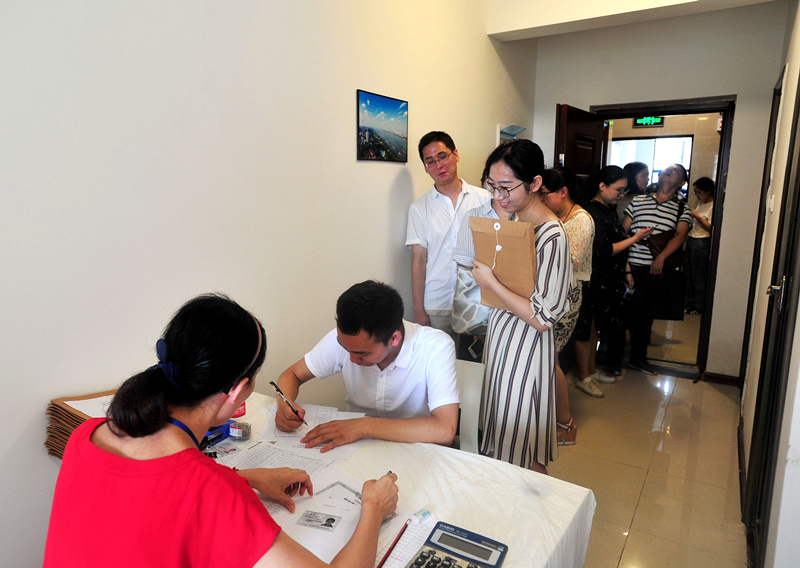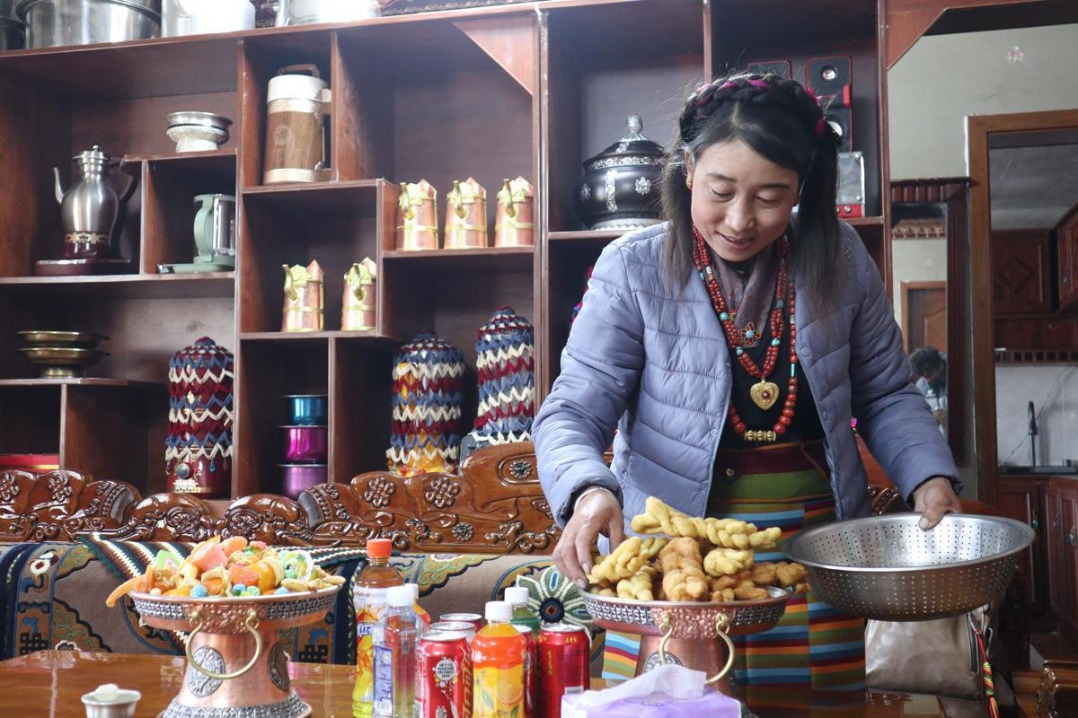Free hukou fails to seal the deal in talent search


Zhou Xiaofan, deputy director of the Beijing Human Resources Association, said young people will help to boost local housing prices because even if they can't find a well-paid job they are the only child in their family so their parents and grandparents dote on them and will buy them an apartment.
Experts advise cities that are genuinely looking to make an impact on the talent market to diversify.
Sun Rui, a researcher at the Chinese Academy of Personnel Science, which is affiliated to the Ministry of Human Resources and Social Security, said talent incentives provided by local governments no longer have distinct characteristics, and most of the cities are offering similar inducements.
Providing a platform
Sun added that talent introduction works via many stages, and cities first need to introduce talented people with investment plans and projects to provide an employment platform for young graduates.
As an example, he cited Wuhan, capital of Hubei province, which has the highest number of university students and the highest outflow of graduates in China. The city has appealed to its best-qualified alumni to return and start businesses or invest in local companies, which will provide more employment opportunities.
In April last year, Wuhan launched its Talent Introduction Bureau and hired entrepreneurs who graduated from the city's universities as counselors, including Lei Jun, CEO of Xiaomi. In addition, the bureau has found roles for a large number of Chinese experts along with six Nobel laureates from overseas, including cell biologist Randy Schekman and chemist Karl Barry Sharpless, both United States nationals.
Between June 2017 and last month, about 500,000 new and recent graduates arrived to work in Wuhan, double the number for the same period the year before. About 200,000 of them registered for hukou, which was six times the number for the same period in 2016.
"We carefully analyzed the kind of talent we need, based on Wuhan's competitive industries," said Sun Zhijun, the bureau's deputy director, referring to sectors such as electronics, chemicals and medical equipment.
Cut-price apartments are among the incentives the city is offering to returning graduates. Those who buy a government-built property are eligible to a reduction of 20 percent off the market price, but Sun conceded that a lottery system has been introduced because demand has far outstripped supply.
Wang Meifang, a student majoring in translation of English and Chinese at Wuhan University who will graduate next year, said more graduates from her college have chosen to stay in Wuhan in the past two years.
"Cities are giving young people more options, which is a good thing. For me, finding a job I like is my primary consideration," she said.
- Jilin winter fishing festival fetches record auction, visitors
- China pushes higher education reform with focus on tech and industry
- Emergency crews battle wildfire in Shenzhen
- China CDC urges precaution amid surge in rhinovirus cases
- Govt to streamline health insurance payments over next 3 years
- China urges global vigilance against revival of Japanese militarism





































